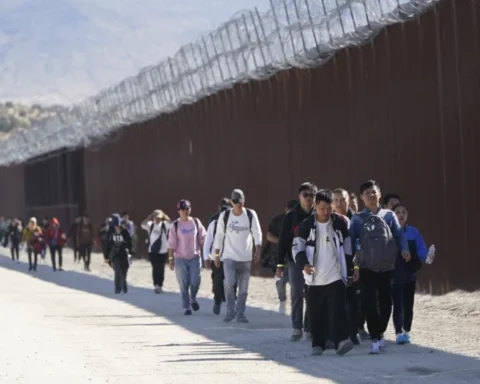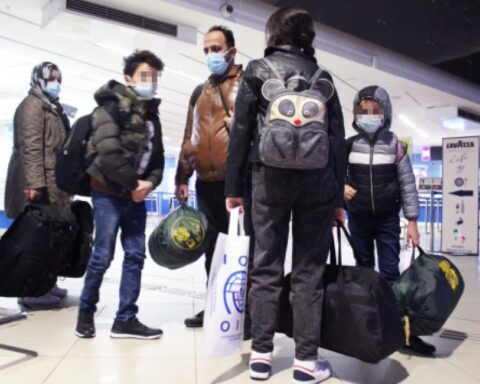COPENHAGEN/VIENNA/SARAJEVO, 25 March 20210 – Richey and Cederfelt met with the National anti-trafficking Co-ordinator Samir Rizvo, the Chief Prosecutor Gordana Tadic, members of the Parliamentary Joint Committee for Human Rights, and representatives of international organizations and local NGOs.
“Whenever vulnerable people are left in dangerous conditions, the risks of trafficking increases. Identifying and protecting victims of trafficking is a legal obligation and a humanitarian duty,” said Special Representative Richey. “We need to build a system that will ensure meaningful assistance to everyone who has a right to it, and that will help dismantle criminal networks profiting from the exploitation of people.”
State Co-ordinator for Combating Trafficking in Human Beings Rizvo said that the upcoming visit of the OSCE delegation is timely. “The identification of victims in migration flows is a transnational problem that requires a broader solution to the issue.”
Kathleen Kavalec, Head of the OSCE Mission to BiH said that the Mission continuously monitors the situation at the local level. “We work with national and international partners to strengthen the institutional framework for prevention of exploitation of persons on the move. This includes helping with systems to improve identification of victims of trafficking in the mixed-migration flows.”
Vice-President Cederfelt talked about the many challenges associated with irregular migration, which needs to be addressed in a coherent, durable and humane way. “This includes the valuable contribution of international and non-governmental aid organizations active on the ground. Civil society actors can play a key role in ensuring effective independent monitoring mechanisms to safeguard the rights of migrants and asylum seekers, as well as provide vital assistance to victims of trafficking and other migrants in vulnerable situations.”
Cederfelt also called for strengthening international co-operation to dismantle international trafficking networks and for special attention to be paid to unaccompanied minors on the move who are at particular risk of trafficking and other forms of exploitation.
“Combating trafficking starts from identifying and protecting victims and other vulnerable people”, concluded Special Representative Richey “This means for example screening all migrants to detect signs of exploitation, promoting economic empowerment of women as a tool both for preventing trafficking and for facilitating the recovery process, and granting education to migrant children and unaccompanied minors”.
Special Representative Richey’s upcoming visit will provide the opportunity to personally assess the situation on the ground and to build on the offer of support to local authorities.






